How Much Olive Oil Per Day Should You Consume?
March 20, 2022
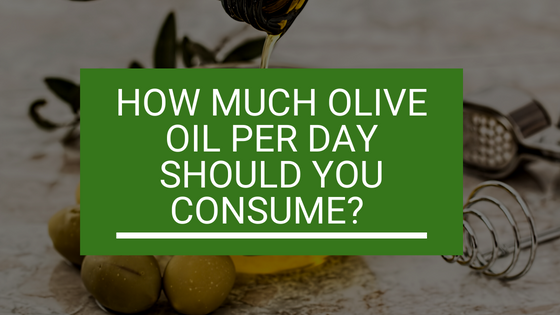
While the exact amount of olive oil that’s right for you will depend on factors like what other fat sources you consume, your size, and your activity level, you may start to reap some of the benefits at just 1 tablespoon per day.
Olive oil, especially extra virgin olive oil, is seriously good for you and absolutely loaded with health benefits, thanks to its beneficial monounsaturated fatty acids and high levels of anti-inflammatory polyphenols and antioxidants.
This Mediterranean diet staple has been linked to numerous cardiovascular benefits, including a reduced risk of heart disease, improved cholesterol levels (by lowering bad LDL and raising good HDL), and lower blood pressure.
And beyond the heart, EVOO has been associated with weight loss, cognitive health, lower blood sugar, reduced risk of type 2 diabetes, and more.
But how much olive oil do you actually need to be consuming per day to reap these impressive benefits?
What research says about the optimal amount of EVOO
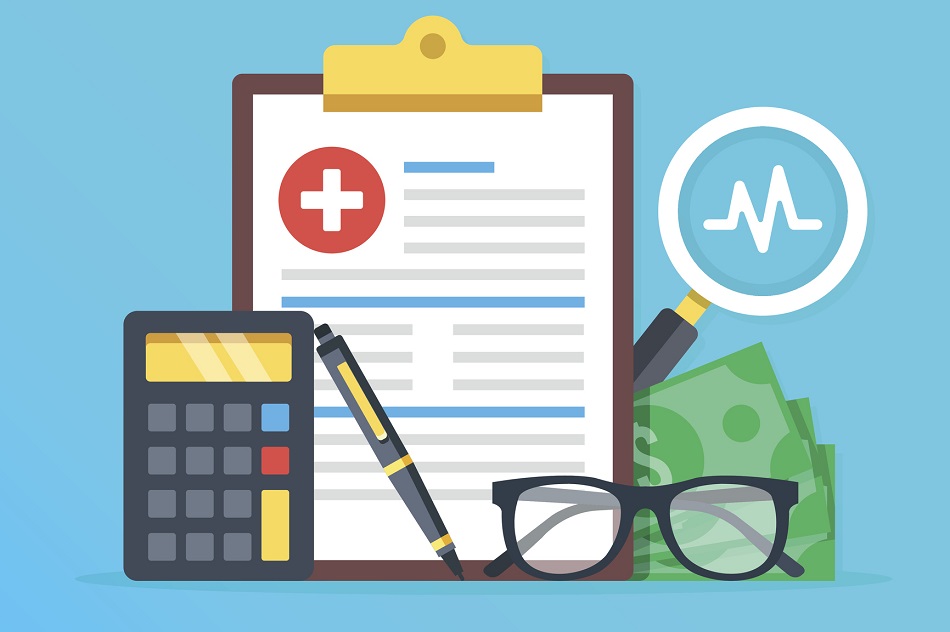
To be clear, no studies have revealed the “ideal” amount of olive oil to consume per day for every individual—as with any food or macronutrient, that can depend on your body size, activity level, what else you’re eating, what type of diet you’re on (like Mediterranean, for example), and more.
But research can give us a general idea of the quantities that have elicited various types of health benefits. Keep in mind, most research has been done on extra virgin olive oil, which is regarded as the healthiest type of oil.
Here’s 6 things what we know:
1. Weight loss
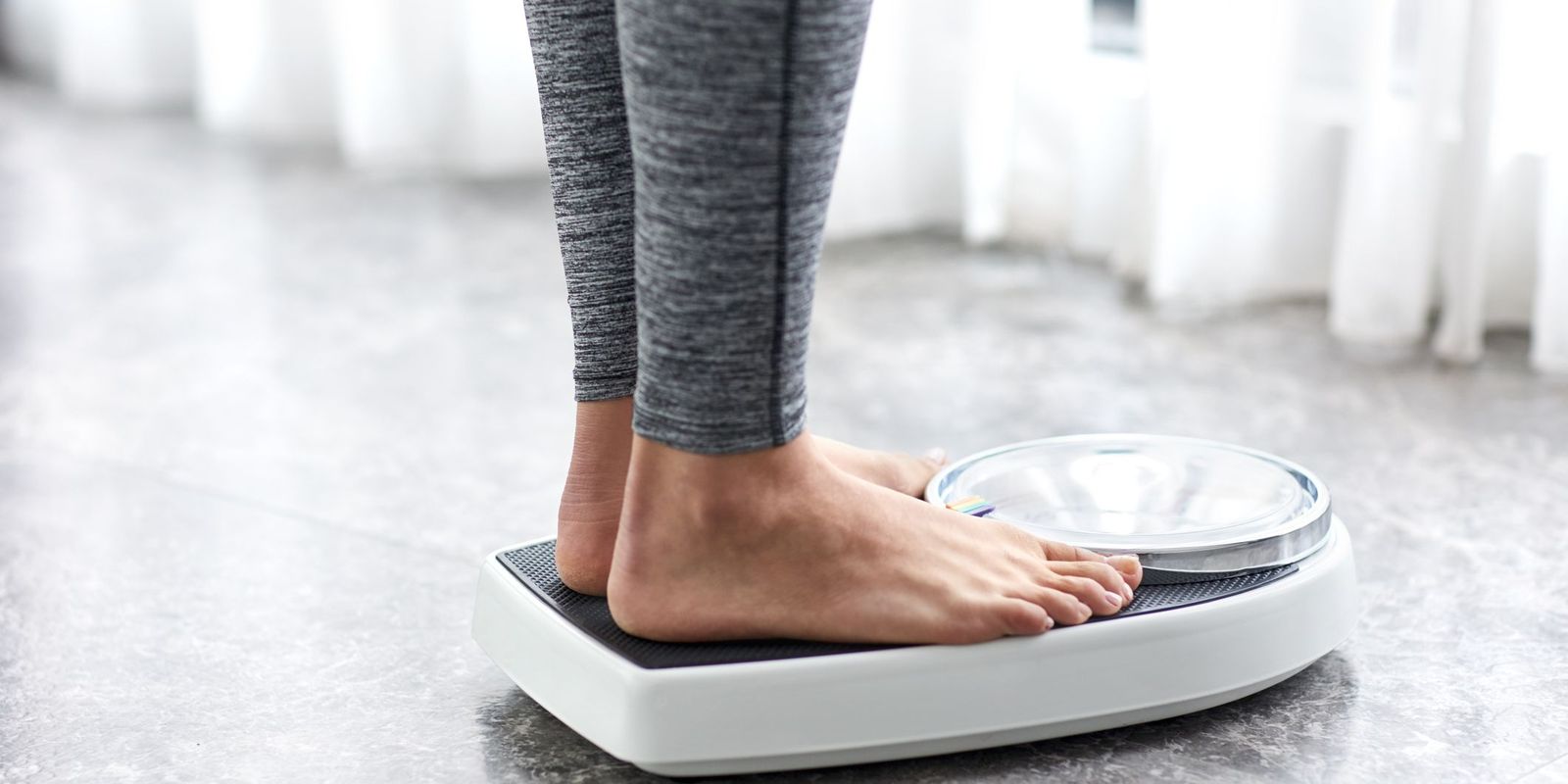
Women with excess body fat who supplemented their breakfast with approximately 1.5 tablespoons of extra virgin olive oil experienced significantly greater weight loss and reduction in blood pressure than women consuming an equal amount of soybean oil, per one study.
2. Mental health

Researchers have found that young adults with depression who followed a Mediterranean-style diet (containing vegetables, fruit, whole grains, fish, lean meats, tofu, beans, and about 2 tablespoons of extra virgin olive oil per day)...
Reduced depression symptoms to a “normal” range after 3 weeks, along with stress and anxiety.
3. Gut Health

Daily consumption of about 1.5 tablespoons of extra virgin olive oil has been found to increase populations of bifidobacteria (a type of healthy gut bacteria) as well microbial metabolites responsible for antioxidant activity.
4. Immune Health
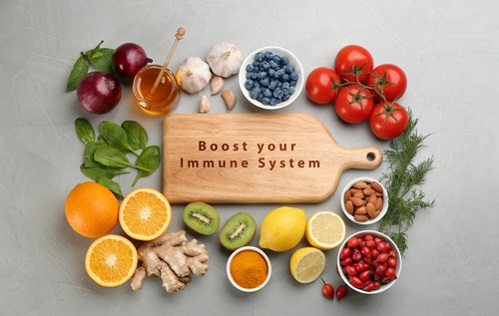
One study compared the effect of consuming 3 tablespoons of extra virgin olive oil per day vs 3 tablespoons of butter, soybean oil, or corn oil.
Researchers found that immune T cells in people in the EVOO group increased their ability to become activated by about 53%, while the other group’s remained unchanged.
5. Heart Health
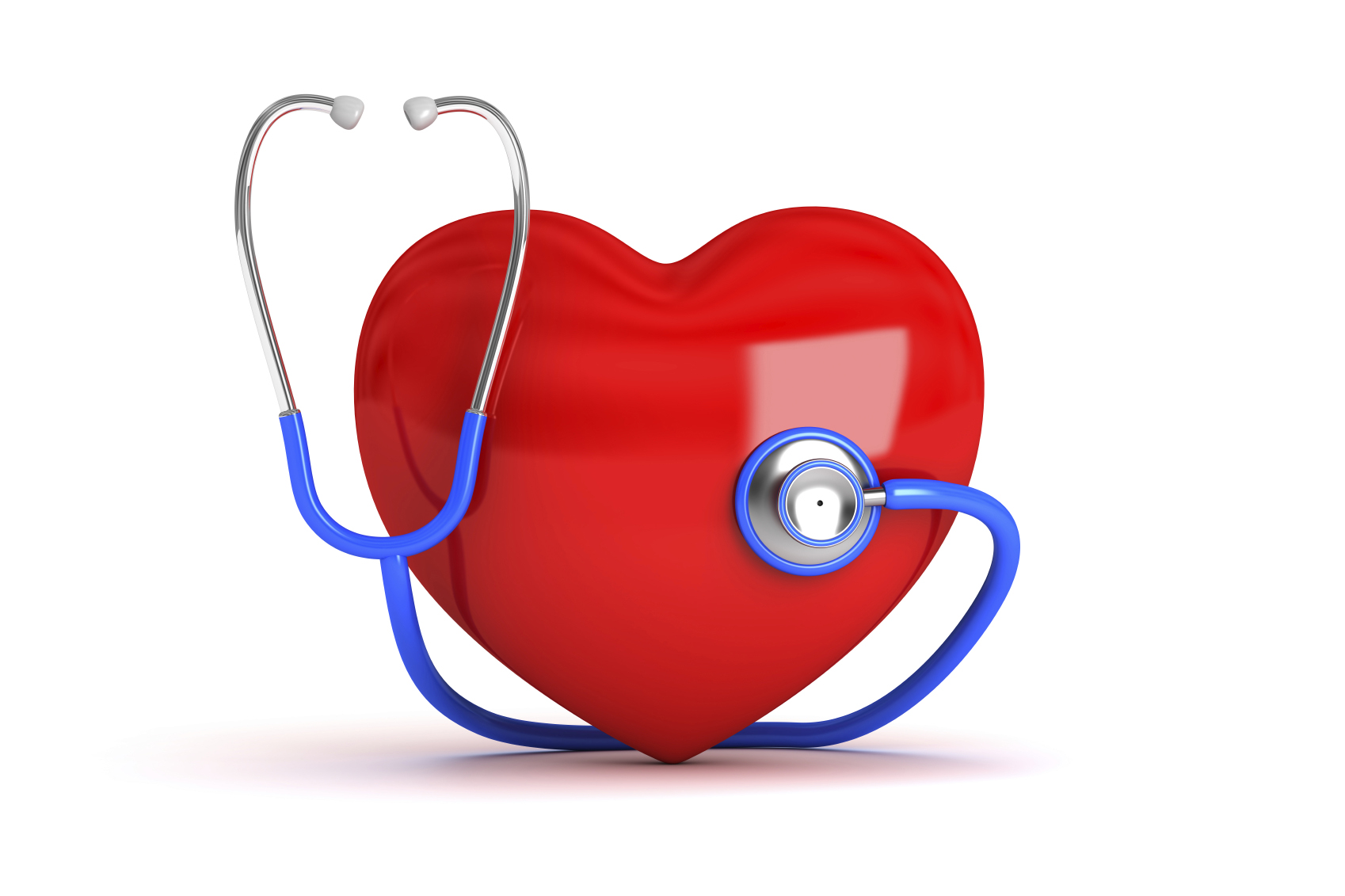
In the landmark PREDIMED study, participants consuming a Mediterranean diet supplemented with 4+ tablespoons of extra virgin olive oil per day had a 31% lower risk of experiencing a major cardiovascular event (stroke and heart attack) and dying from heart disease compared to those eating a low-fat control diet.
However, you may not need quite that much.
The FDA (U.S. Food & Drug Administration) says there’s good evidence to support the claim that consuming 1.5 tablespoons of oleic acid-rich oils (like olive oil) per day in place of saturated fats may reduce risk of coronary heart disease.
6. Type 2 Diabetes
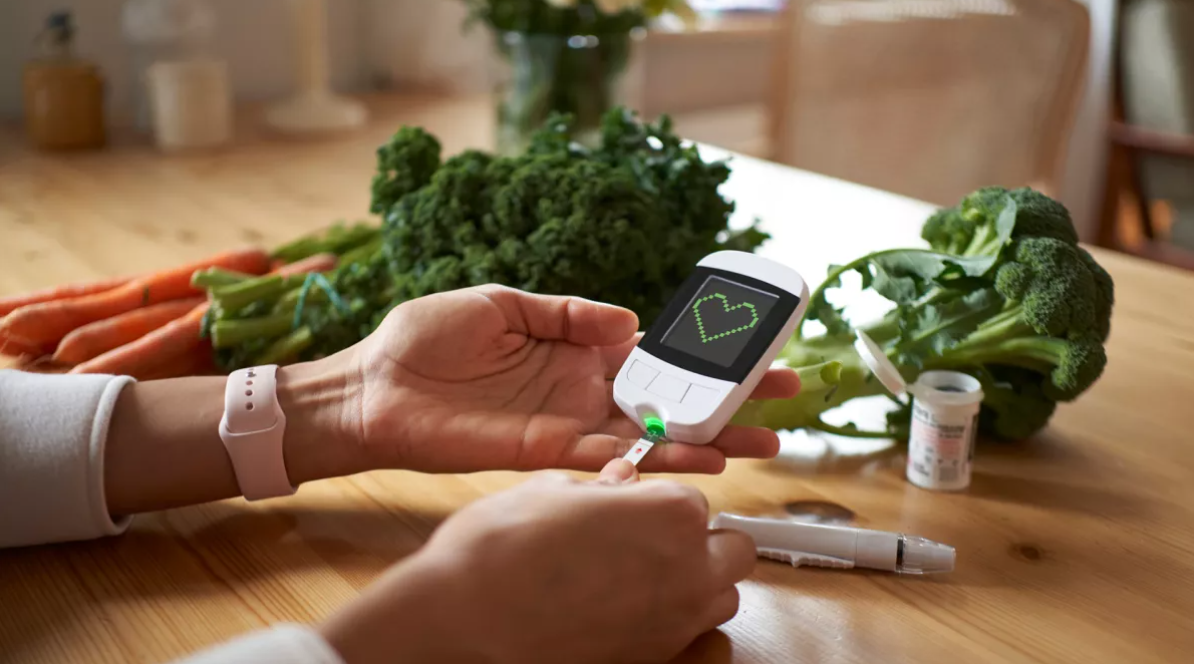
Studies have shown that those who consume more than 1 tablespoon of olive oil per day are less likely to have type 2 diabetes; and, substituting olive oil for other fat sources such as margarine, butter, and mayonnaise is associated with a 5%, 8%, and 15% lower risk of type 2 diabetes, respectively.
The studies above aren’t meant to suggest that these health benefits can only occur when those specific amounts of olive oil are consumed, but they do demonstrate that benefits can occur across a spectrum of different olive oil intakes, from about 1-4 tablespoons of olive oil per day.
Type of olive oil matters, too
All olive oil is pretty great for you compared to other types of fats and oils. But within the olive oil category, some options pack more health benefits than others. If you want to maximize the health benefits, choose extra virgin olive oil.
High quality extra virgin olive oils are being produced all over the world—Italy, Greece, Spain, Portugal, Tunisia, Morocco, Chile, Turkey, California, and beyond.
Simple ways to incorporate olive oil into your daily diet
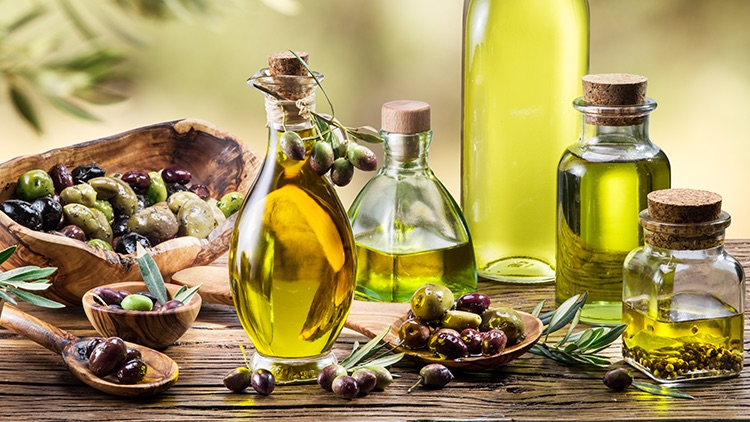
If olive oil isn’t yet a staple in your diet, here are a few ways to up your olive oil intake.
Keep in mind, olive oil has a synergistic effect with other healthy foods like colorful vegetables and fruits (it helps you absorb their beneficial micronutrients more easily), so eating EVOO in the context of a minimally processed Mediterranean-style diet is always a great idea.
- Use it to make delicious homemade vinaigrettes
- Use it as a finishing oil for grain dishes or soups
- Toss veggies like sweet potatoes, broccoli, and cauliflower in olive oil, season, and then roast to perfection
- Use in tuna and chicken salads instead of mayo
- Use on toast and English muffins instead of butter
- Use for sautéing veggies and meat instead of vegetable oil
- Use in cakes and cookies instead of vegetable oil or butter
- Use to grease the pan for baked goods instead of butter or shortening
- Use for frying eggs instead of butter
Want to try the Best Organic Extra Virgin Olive Oil for Free?
I recommend trying Kasadrinos Olive Oil made in Greece

Get a Free Bottle of FRESH, ORGANIC, Extra Virgin Olive Oil
© {2020} The Mediterranean Eats. All rights Reserved | Privacy Policy | Disclaimer



